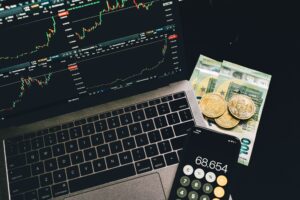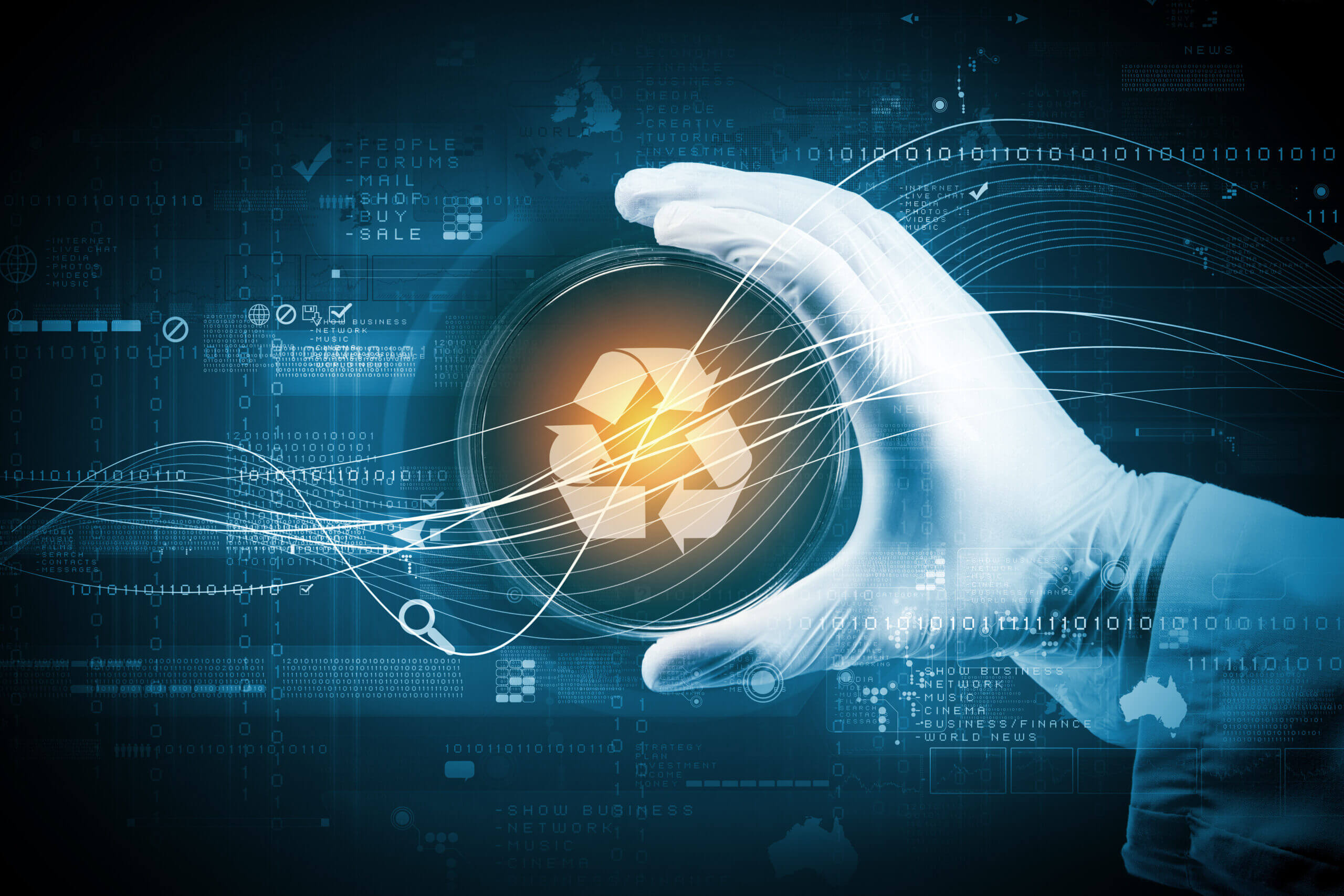Recycling and reusing
It is a change from a wasteful business model of “make and discard” to one of “reuse and recycle,” which is more environmentally friendly.
Water, power, and industrial chemicals can all be reused.
With this transition, authorities may be able to meet more rigorous carbon emission targets and lessen the severity of climate change as a result.
Even though the world consumes 100 billion tonnes of material each year (such as packaging), only 8.6% of the global economy can be described as “circular.”
Recycling is a lot easier said than done when you have so much stuff.
According to the United States, about 34.5 percent of municipal garbage is recycled. With a recycling rate of 43.8%, the United Kingdom fares better than most other countries in Europe.
More than half of recyclables are still sent to landfills, where certain plastics can take up to 500 years before they decompose.
A 75 percent increase in recycling rates would have the same effect on carbon emissions as eliminating 50 million cars from the road in the United States.
Incentives provided by the government
Packaging levies are one strategy being considered by governments to promote recycling.
For example, in April 2022, the UK government implemented a charge on plastic packaging in order to promote recycling. The tax will be levied on plastic packaging that contains less than 30% recycled plastic, whether it is made in the UK or imported.
Every additional tonne exceeding the threshold will be subject to a levy of £200.
Moreover, the Scottish government has announced a moratorium on the construction of new trash incinerators beginning on June 16, 2022.
Lorna Slater, a Scottish MP, said that the move will foster a circular economy because resources are maintained in use for as long as feasible and energy is not wasted.
An announcement that all biodegradable garbage will be kept out of landfills by the Scottish government was made public earlier this year.
Using garbage incineration and energy conversion as a sustainable alternative to fossil fuels may seem counterintuitive to some.
But the amount of renewable energy generated via waste-to-energy production is only around half of what the “circular economy” aims for.
Besides this, only materials that can’t be reused or recycled effectively can be converted to electricity via waste-to-energy.
The UK’s goal of recycling 65 percent of municipal waste by 2035 might be greatly aided by Scotland’s strategy.
One of the UK’s other goals is to reduce municipal waste to landfills by no more than 10% by the year 2035.
The European Union (EU) adopted a “new circular economy action plan” in March 2020, which details legislative and non-legislative actions to foster a circular economy.
The EU’s goal of climate neutrality by 2050 includes plastic, packaging, and waste restrictions. To see it, go to this page.
Lots of benefits and a lot of prominent names.
We can clearly see how quickly things are changing in the direction of the circular economy.
In fact, JP Morgan believes that the circular economy might provide up to $4.5 trillion in economic benefits worldwide by 2030.
Water waste and landfill space are both reduced as a result of these “benefits”.
There is no doubt that the circular economy is a huge opportunity and a lucrative business model.
When it comes to environmentally friendly packaging, look no farther than UFP Technologies (NASDAQ:UFPT). One hundred percent of the product’s packaging is created from repurposed newspaper and can be recycled again and again.
Packaging developed by the business can be used in a variety of industries, including aerospace, automotive, and medical.
Advant Medical, a medical packaging company, was acquired by the corporation in March 2022, making it its sixth purchase in as many months.
It’s no secret that Mondi is a leader in the circular economy movement (LSE: MNDI).
Listed on the London Stock Exchange (LSE), the company provides environmentally friendly packaging.
In terms of global sustainability, the company has been ranked in the top 1% of companies by the sustainability platform Eco Vadis.
Mondi has a number of noteworthy business relationships.
Reckitt Benckiser, the world’s largest producer of household goods, is one of the companies that uses 100% recyclable, flexible packaging for its detergent pills.
Additionally, Mondi is working with the United Nations to reduce food waste and alleviate the environmental impact of packaging.
Electric vehicles and renewable energy are only two components of the green energy transition.
How successfully we reuse and recycle products is just as important.
We can all do our part to help.

